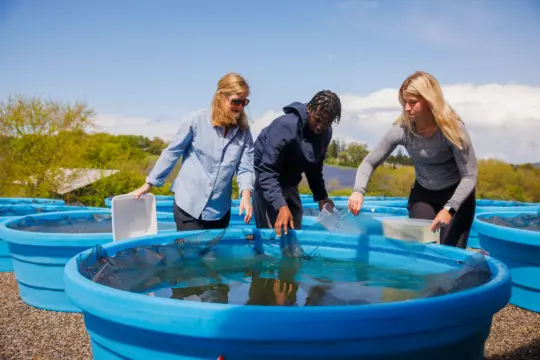Environmental Studies
For a just, sustainable, resilient world.
CAREER PATHS WITH CHANGEMAKING RESULTS
Thanks to the environmental studies program’s emphasis on practical experience and interdisciplinary growth, students are well-prepared to put their passions into action. For example, Calli Lambard ’23 and Grant Rowe ’23 were two of only 20 students nationally to win the prestigious Rachel Carson Council Fellowship. Learn what they did with their grant and how they’re making a difference.
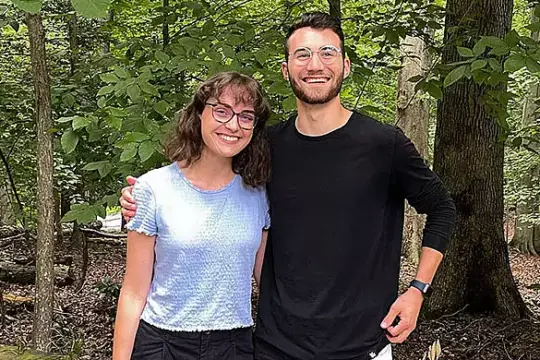
A LIVING LAB AT SUSQUEHANNA
Nestled within a rich ecosystem with diverse wildlife, Susquehanna University is the perfect place for environmental research. Students gain access to outdoor labs, freshwater biomes, campus gardens, solar arrays and even a beehive with fresh honey. Whatever your focus, the Center for Environmental Education and Research has much to offer.
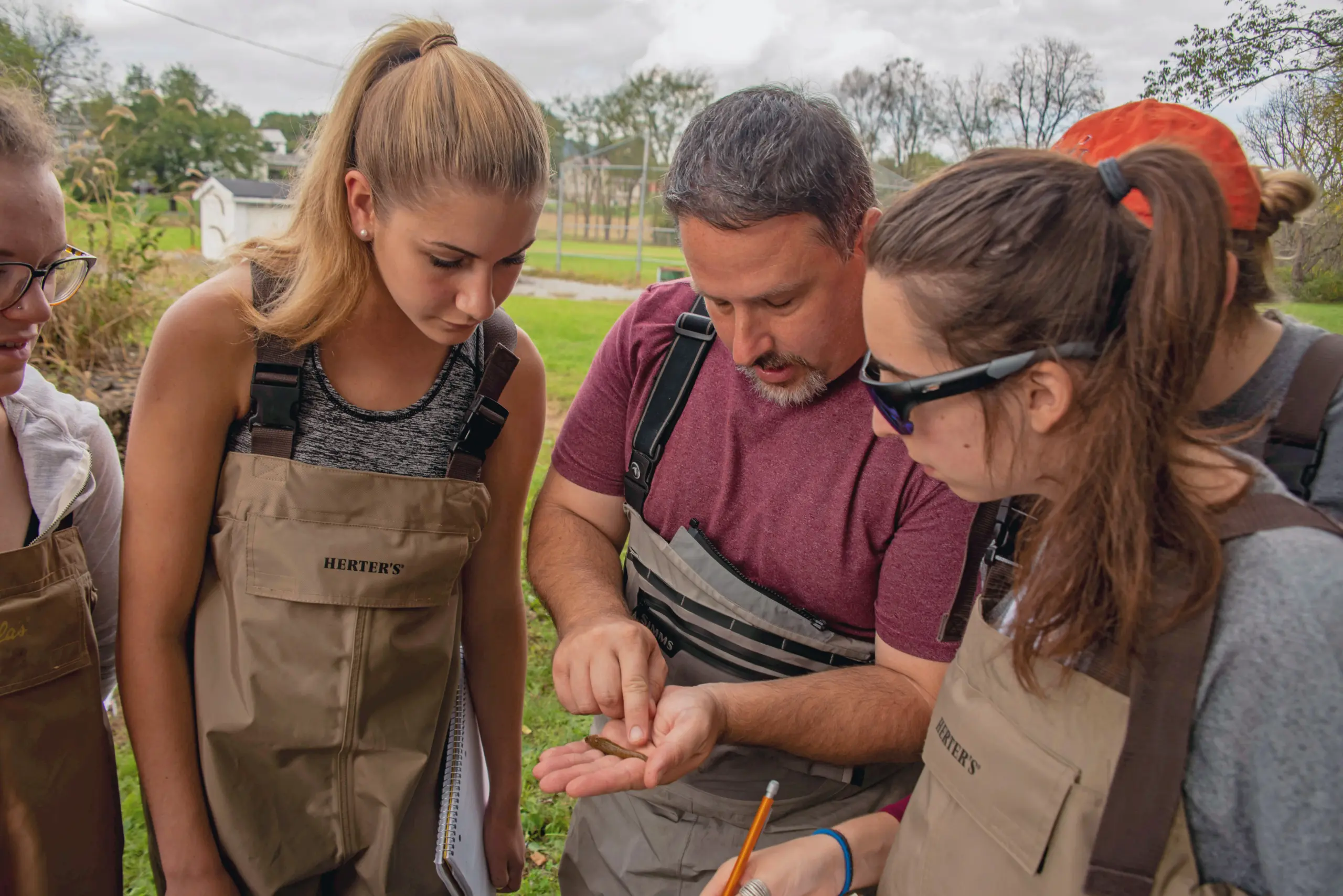
SUsquehanna By the Numbers
More Than Metrics
Where Passion Meets Purpose
Straight from the Nest
“My favorite thing about life on Susquehanna’s campus is the fact that you feel like you’re a part of a community. I have friends across all different majors, not just my own. It really feels like everybody cares about you.”
— Eric Belfanti ’26
“In my Principles of Management class, I learned how to lead a team and work with a company to improve how it manages both tangible and intangible resources. It was a valuable experience because I could apply what I learned in class to real situations with a real company.”
— Emma Church ’26
“My favorite tradition on campus is Thanksgiving dinner. You sit with friends and enjoy a catered meal served by coaches, professors and student life staff. It’s a great time to relax and connect.”
— Catherine Chodnicki ’25
“The value of environmental studies is immeasurable — a commitment to protect our sacred Mother Earth. My environmental studies degree led me into policy work for the Navajo Nation, but more importantly, to follow in the footsteps of ancestors who saw protecting creation as a sacred duty.”
— Malia Simon ’21
Center for Environmental Education & REsearch
Environmental Studies at the Ceer
Susquehanna University’s state-of-the-art Center for Environmental Education and Research (CEER) is the nexus of Susquehanna’s research and conservation efforts.
Students pursuing environmental studies will learn about gardening and food sustainability, bees, solar and energy, map trails, hiking path development and more through this unique educational resource. Additionally, immersive research and internship opportunities are available to students at the CEER.
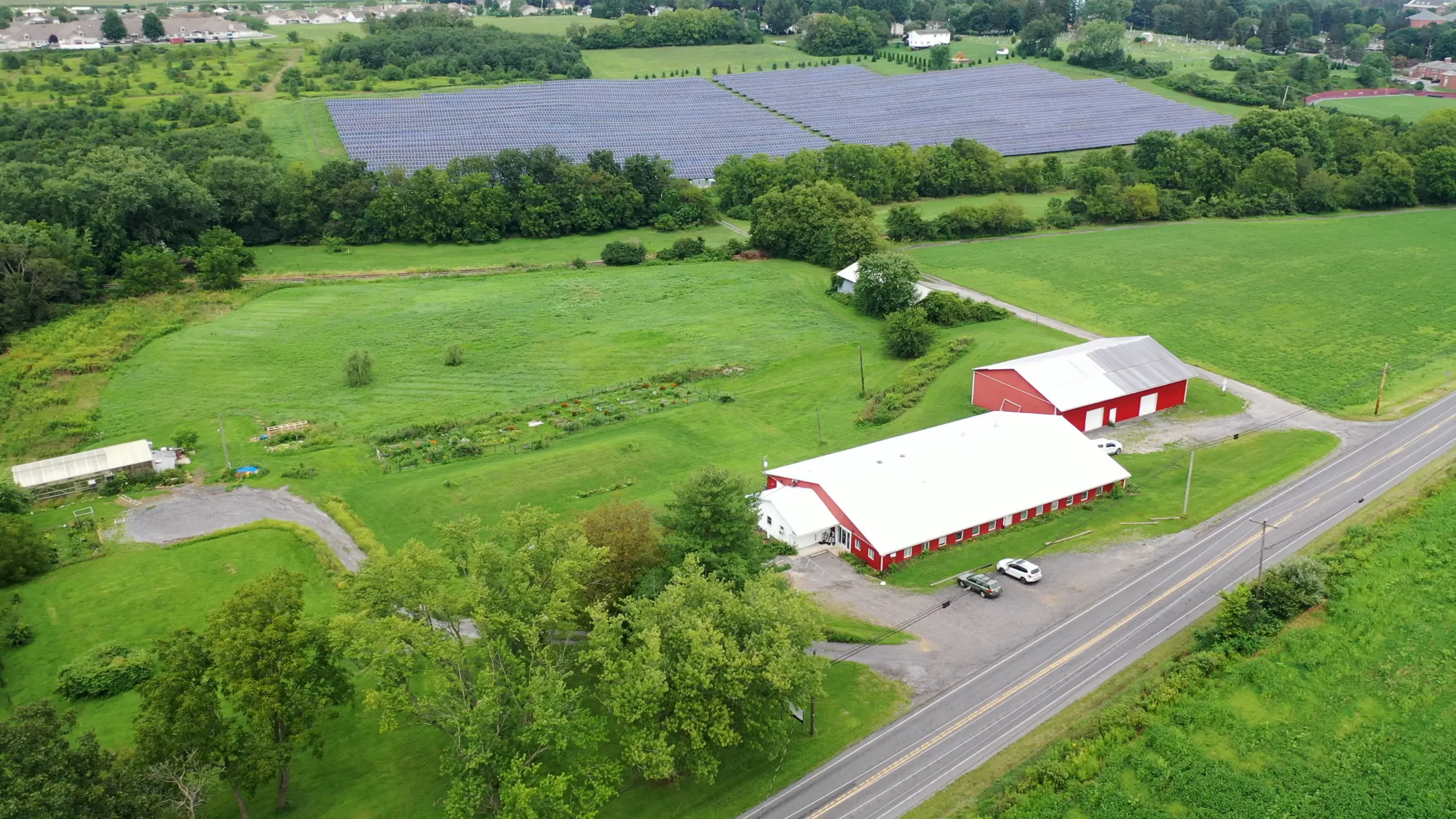
which environmental degree should I choose?

Earth & Environmental Sciences
Earth & Environmental Sciences examines the natural components of our environment and how they impact living things. It’s the scientific study of water, rocks, air and soil, and their dynamic interactions. You’ll take courses in hydrology, geology, weather, soil science and more, with a lot of exciting hands-on field and lab work, culminating in a research collaboration with faculty.

Ecology
Ecology is a branch of biology that examines how organisms interact with each other and their environment. You’ll take courses in biology and environmental sciences. Field and lab projects are an integral part of this major and every student completes a research project with faculty.
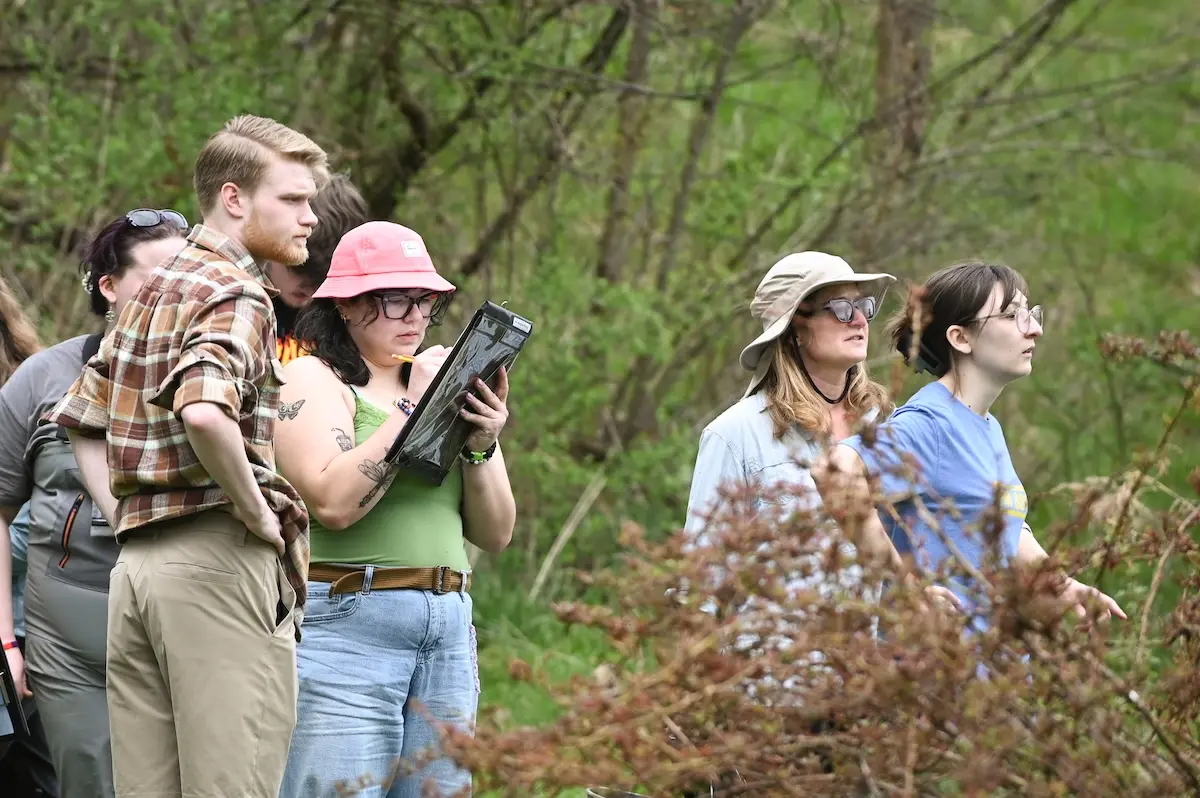
Environmental Studies
Environmental Studies is an interdisciplinary field that explores the complex relationship between humans and their environment. You’ll learn to address environmental challenges caused by humans, including climate change and environmental injustice. Courses include natural and social sciences, literature, religion, politics and business.
Explore Your Studies
Program Resources
A Glance Into Your Degree Pathway
With support from advisors and course planning tools, your time at Susquehanna is carefully designed to help you succeed. This example provides a glimpse into your degree experience, but you’ll have plenty of opportunities to customize your path with electives or study abroad programs that reflect your passions and career goals.
- Environmental lawyer
- Energy analyst
- Environmental planner
- Public policy senior manager
- Conservation officer


















